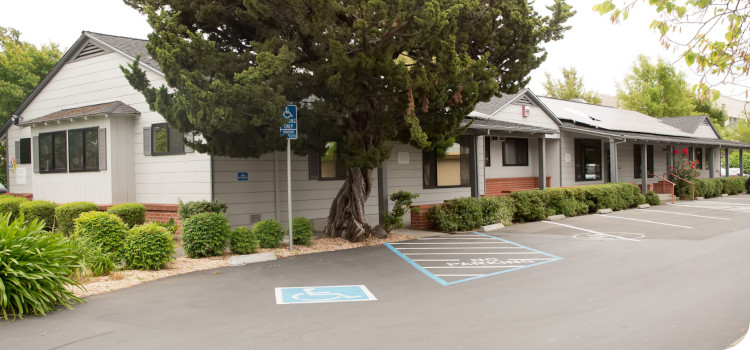 With most oral health treatments, waiting to undergo treatment isn’t a good idea. The nature of most oral health concerns is progressive, and the longer you wait to address them, the more complicated it can become to successfully address them. When your dentist or oral health specialist recommends tooth extraction to address your concern, it often means that your condition is severe, and the tooth cannot be saved by any other means. Today, we examine three reasons why extracting a tooth might be necessary, and how waiting could make each condition worse.
With most oral health treatments, waiting to undergo treatment isn’t a good idea. The nature of most oral health concerns is progressive, and the longer you wait to address them, the more complicated it can become to successfully address them. When your dentist or oral health specialist recommends tooth extraction to address your concern, it often means that your condition is severe, and the tooth cannot be saved by any other means. Today, we examine three reasons why extracting a tooth might be necessary, and how waiting could make each condition worse.
When the tooth is impacted
Tooth impaction is a specific type of oral health concern that affects the growth and development of your natural teeth. When it occurs, the impacted tooth is typically a wisdom tooth, or third molar, that doesn’t have ample space to grow and develop on your dental ridge. The problem is that the third molar will continue to try to grow, and as a result, it will push against your present teeth closest to it, leading to severe discomfort and oral health complications. Extracting an impacted wisdom tooth is the only way to stop it from damaging your oral structures, and waiting to extract it could lead to subsequent troubles that also require complex treatment to address.
When the cause is severe gum disease
Severe gum disease is the most common cause of adult tooth loss, and sometimes, that loss comes in the form of extracting the tooth due to the extensive erosion of its supportive structures. Gum disease begins when oral bacteria accumulate between your gum tissues and teeth roots, and the resulting infection systematically destroys these tissues. It also impacts the bone structure underneath your gums when it’s allowed to grow more severe. If one or of your teeth need to be extracted as part of your periodontal treatment, then it’s important to do so as soon as possible. Waiting will allow the disease to cause even more significant damage to your smile’s foundation, and the teeth may fall out on their own by the time you do seek treatment.
When the tooth interferes with other treatment
There are some oral health treatment plans that involve correcting several different aspects of your oral health at once, and in severe cases, a tooth may need to be extracted to facilitate this treatment. For example, patients with severe malocclusion (bite misalignment) may require orthognathic surgery, or a combination of jawbone surgery and orthodontic treatment, to properly realign their smiles and improve their bite function. If a severely misaligned tooth interferes with the process, then extracting it may be critical to your treatment’s success.
Don’t hesitate if your tooth needs extraction
If your dentist or oral health specialist recommends tooth extraction, it’s important not to hesitate and give the condition time to grow more severe. To learn more, or to schedule a consultation, call Santa Rosa Oral Surgery in Santa Rosa, CA, today at 707-545-4625.

